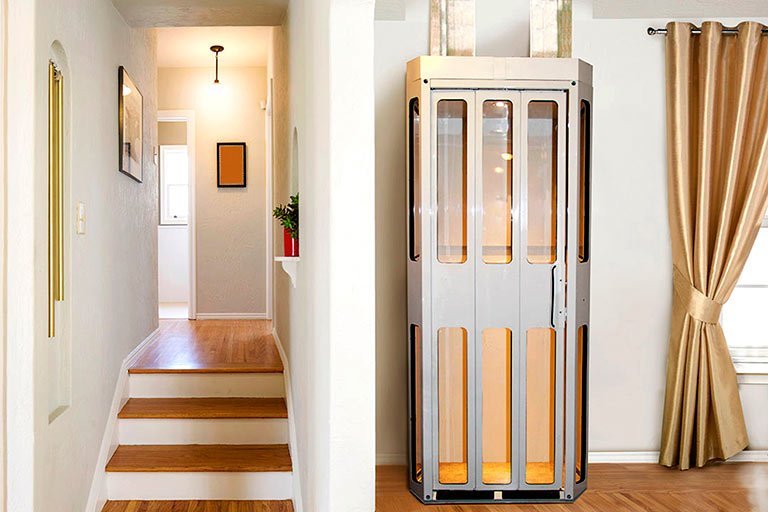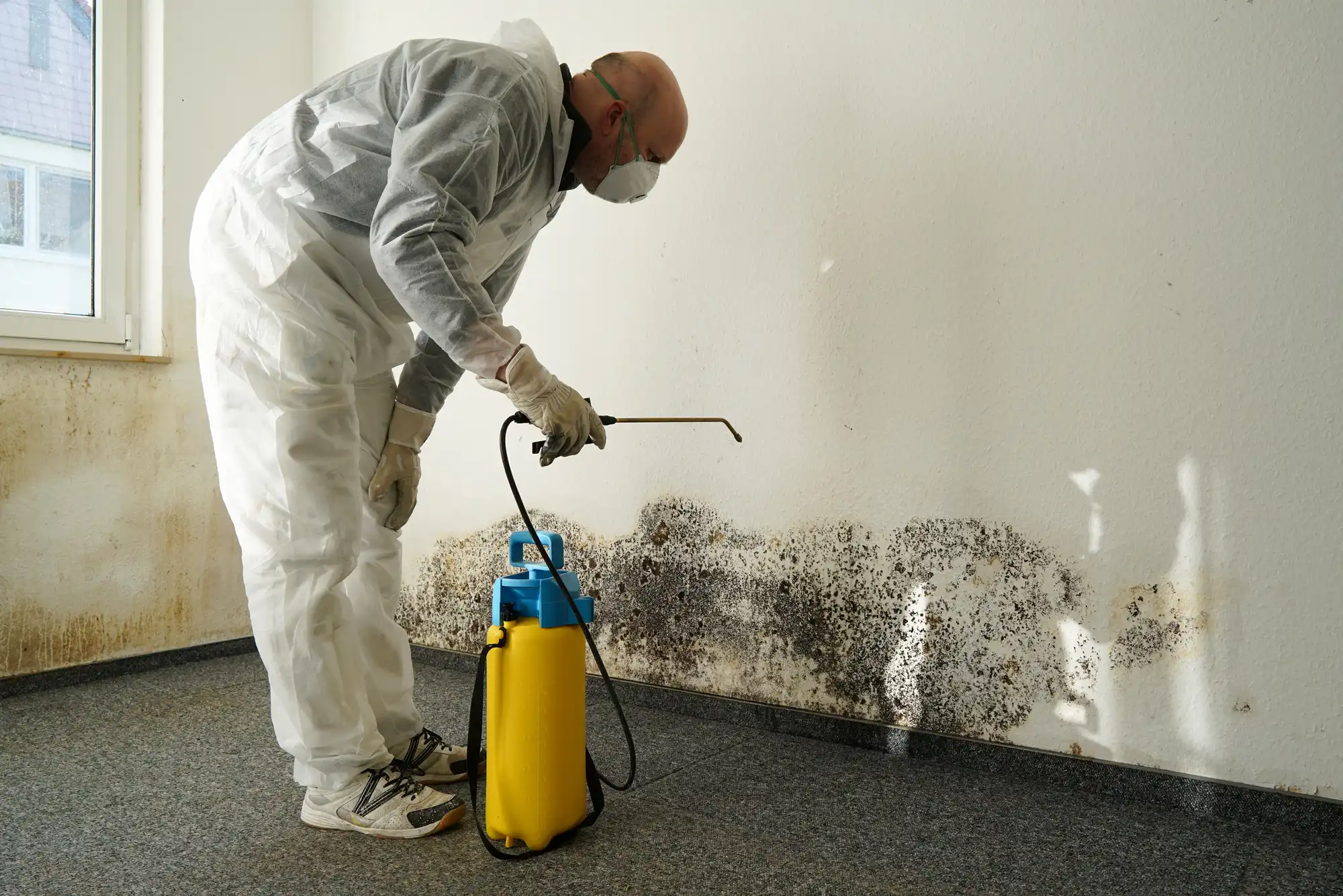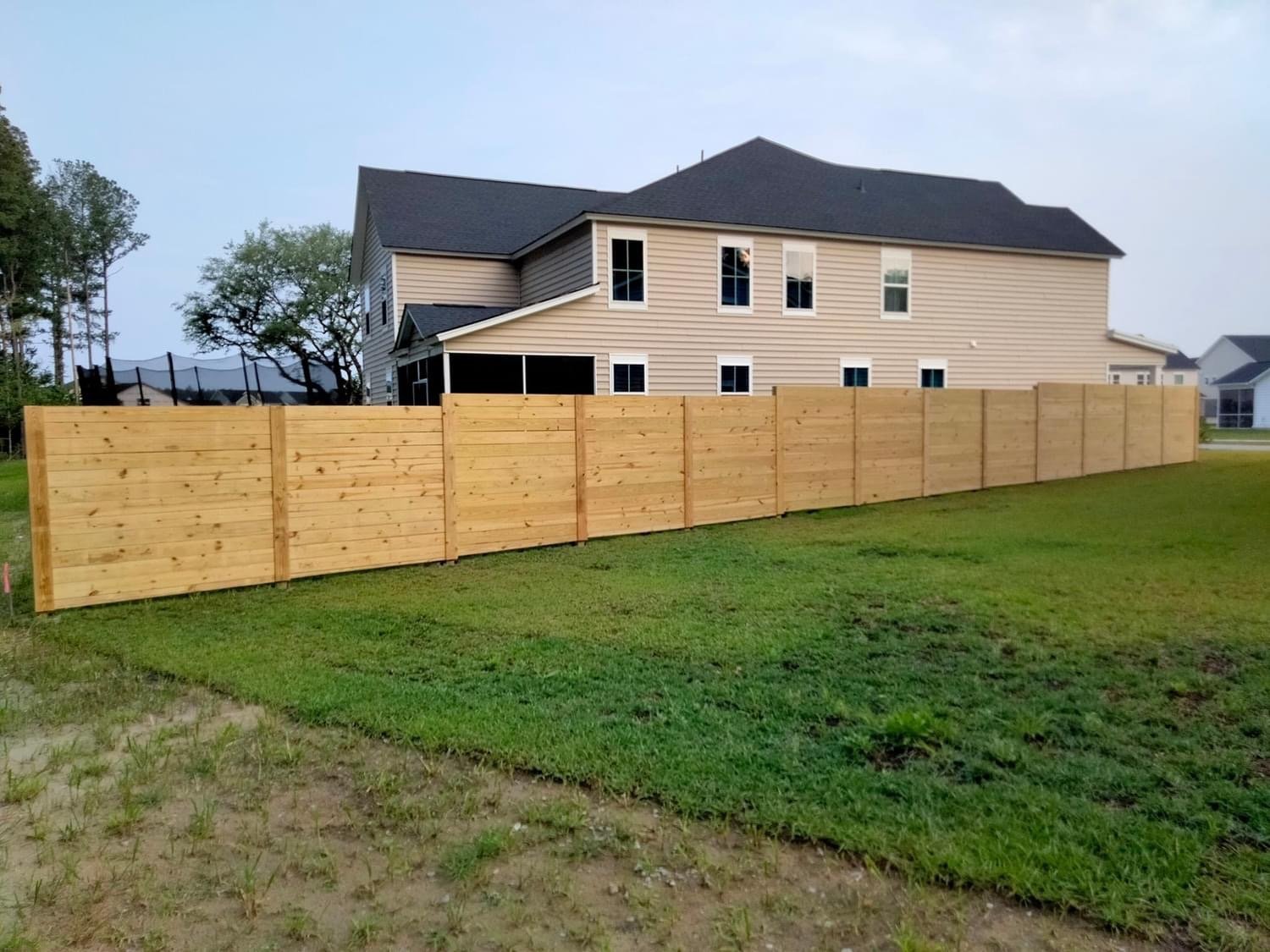Hook: Remember that one house on your street growing up? The one with the widow’s walk, maybe a turret, that felt just… grand? Odds are, it probably had an elevator. Once a symbol of pure luxury, reserved for sprawling mansions and historic hotels, residential elevators are shedding their exclusive image faster than a Palmetto bug scuttles from the light. And here’s the surprising kicker: it’s not just about grandeur anymore. CHS Elevators, right here serving South Carolina and the surrounding region, is at the forefront of making this transformative home feature accessible, practical, and frankly, a game-changer for how we live in our Lowcountry homes. Let’s unpack why skipping the stairs might be the smartest home upgrade you haven’t considered.
Why the Sudden Buzz Around Home Elevators? (It’s More Than Just Convenience)
Okay, let’s be real. The obvious perk is avoiding the trudge upstairs with armfuls of laundry or groceries. Pure bliss, right? But honestly, the reasons folks are turning to companies like CHS Elevators run much deeper than simple convenience. We’re seeing a perfect storm:
- The Silver Tsunami: Baby Boomers aren’t just retiring; they’re determined to age in place. Stairs become more than an annoyance; they can be a barrier to independence. An elevator isn’t giving up; it’s doubling down on staying home.
- Multi-Gen Living Boom: Suddenly, that spare room is Grandma’s suite… upstairs. An elevator bridges the gap literally and figuratively, making shared living smoother and safer for everyone. It fosters connection, not separation.
- Universal Design Goes Mainstream: Smart homeowners aren’t just thinking about now; they’re planning for later. Incorporating features like elevators or prepping for them (“elevator-ready” shafts) is becoming savvy future-proofing, boosting home value significantly. Think of it as an investment in lifelong comfort.
- Luxury Redefined: Sure, arriving effortlessly on your rooftop terrace overlooking the Charleston Harbor with a sweet tea in hand is undeniably luxurious. But today’s luxury is also about seamless functionality, accessible design woven beautifully into the fabric of the home, not tacked on as an afterthought.
In my experience consulting on home renovations across the Lowcountry, the biggest “aha” moment comes when people realize an elevator isn’t a clunky industrial box. Modern designs from the solutions CHS Elevators provides are sleek, quiet, and surprisingly space-efficient. They integrate, they don’t dominate.
Navigating Your Options: Finding the Perfect Elevator Fit for Your SC Home
Not all home elevators are created equal. The right choice hinges on your existing structure, budget, space, and needs. Here’s the lowdown on the main contenders you’ll find when exploring CHS Elevators or similar providers:
Hydraulic Elevators: The Tried-and-True Workhorse
- How they work: A piston beneath the cab pushes it up using hydraulic fluid; gravity brings it down. Simple physics.
- Pros: Smooth ride, powerful (can handle heavier loads), relatively quiet operation. Often the go-to for heavier cabs or taller rises.
- Cons: Requires a machine room (usually in the basement or a closet) for the pump unit. Needs periodic hydraulic fluid checks/changes. Can be slightly slower than other types. Might need deeper excavation.
- Best for: Traditional homes with basements, heavier capacity needs (think large wheelchairs or frequent furniture moving), where machinery space isn’t a dealbreaker.
Pneumatic (Vacuum) Tube Elevators: The Space-Saving Marvel
- How they work: Think futuristic airlock! The cylindrical cab moves up via air pressure differential created by a powerful vacuum pump above the shaft; a controlled release of air brings it down. Clear acrylic tubes are common.
- Pros: Minimal footprint – often needs NO pit and NO machine room (just attic/crawlspace access for the pump). Super fast installation (sometimes days!). Modern, eye-catching aesthetic. Very energy efficient during operation.
- Cons: Slightly smaller cab sizes typically. Can feel a bit… different due to air pressure changes (like a plane taking off/landing, but milder). The pump cycle can be audible (though often brief). Generally higher upfront cost.
- Best for: Tight spaces, retrofits into existing homes where digging a pit is impossible, modern aesthetics, quick installations. Popular for shorter rises (2-3 stories).
Cable-Driven (Traction) Elevators: The Efficient Climber
- How they work: Steel cables attached to the cab loop over a sheave (pulley) driven by an electric motor. Counterweights balance the load for efficiency.
- Pros: Highly energy efficient, smooth ride, generally faster than hydraulic. No hydraulic fluid. Machine room requirements are often smaller than hydraulic.
- Cons: Requires an overhead machine room (or compact machine above the shaft in some models) and a pit below. Can be more sensitive to precise installation alignment. Counterweight needs space.
- Best for: Mid to high-rise applications (3+ stories), new construction where space can be planned, energy-conscious homeowners.
Comparison: Residential Elevator Types at a Glance
| Feature | Hydraulic | Pneumatic (Vacuum) | Cable-Driven (Traction) |
|---|---|---|---|
| Space Needs | Needs Machine Room & Pit | Minimal (No Pit/MR Usually) | Needs Machine Room & Pit |
| Installation | Moderate Complexity | Fastest | Moderate Complexity |
| Ride Feel | Very Smooth | Unique (Air Pressure) | Smooth |
| Speed | Slower | Moderate | Faster |
| Energy Use | Higher (Pump Running) | Lowest (During Ride) | Very Efficient |
| Aesthetics | Traditional Cab | Modern, Transparent Tube | Traditional Cab |
| Ideal For | Heavy Loads, Basements | Retrofits, Small Spaces | New Construction, 3+ Stories |
| Maintenance | Hydraulic Fluid Checks | Pump System Checks | Cable/Sheave Checks |
Here’s something they don’t always tell you upfront: The prep work can be as crucial as the elevator itself. Structural reinforcements, electrical upgrades (these babies need dedicated circuits!), and shaft construction are where a lot of the time and cost can lie. That’s why choosing a local expert like CHS Elevators matters – they know Lowcountry soil, building codes, and how to navigate potential hiccups specific to our older Charleston homes or beachfront properties. It’s not just about selling the box; it’s about managing the entire symphony of installation.
Beyond the Price Tag: Understanding the Real Value (and Costs) of a Home Elevator
Let’s address the elephant in the room: cost. Yep, installing a residential elevator in South Carolina is a significant investment. You might hear ballpark figures ranging from $25,000 to well over $60,000+. Why such a spread? Well… it’s like asking how much a kitchen remodel costs. Depends on:
- Elevator Type: Pneumatic often starts higher than basic hydraulic, but installation savings can balance it. Cable-driven sits somewhere in the middle.
- Number of Stops: Two floors? Three? More? Each additional stop adds complexity and cost.
- Cab Size & Finishes: Are we talking a basic utilitarian cab or a custom wood-paneled sanctuary with mood lighting? The sky’s the limit (and so is the price).
- Construction Complexity: Does your home need major structural work? Is digging a deep pit feasible in the sandy Lowcountry soil? Is electrical service adequate? These “hidden” factors massively impact the bottom line.
- Permitting & Inspections: Navigating local building codes (and trust me, Charleston Historic District has its own quirks!) takes time and expertise, factored into the cost.
But here’s the counter-intuitive truth I’ve seen time and again: The value proposition often exceeds the cost.
- Increased Home Value: Multiple real estate studies consistently show home elevators can add value significantly exceeding the installation cost, especially in desirable markets like Charleston, Hilton Head, or Myrtle Beach. It’s a premium feature that future buyers actively seek.
- Priceless Independence: For aging residents or those with mobility challenges, the value isn’t monetary. It’s the ability to stay in the home you love, access your entire space safely, and maintain dignity. That’s transformative.
- Enhanced Lifestyle: Carrying heavy items, groceries, luggage? Effortless. Hosting guests of all ages and abilities? Seamless. It fundamentally changes daily living for the better.
- Future-Proofing: Installing an elevator, or even just prepping the shaft (“rough-in”) during a major renovation, is brilliant planning. It makes future adaptation easy and cost-effective.
Pro Tip: Don’t just get one quote. Get detailed breakdowns from reputable local providers like CHS Elevators. Understand exactly what’s included (permitting? finish work? warranty?) and what potential contingencies might cost. Ask about financing options – many find it surprisingly manageable spread over time for such a life-enhancing asset.
The CHS Elevators Difference: Why Local Expertise Matters in the Lowcountry
You could buy an elevator online, I suppose. But would you? Installing something this complex, integrated into your home’s very bones, demands more than a mail-order manual. CHS Elevators, based right here serving South Carolina, brings irreplaceable local advantages:
- Lowcountry Know-How: They understand our unique soil conditions (hello, sand and high water tables!), the quirks of historic Charleston architecture, and the specific permitting hurdles in Beaufort County vs. Greenville County vs. coastal flood zones. This isn’t theoretical; it’s hard-won experience.
- Personalized Service: This isn’t a one-size-fits-all operation. They’ll walk your home with you, listen to your actual needs (not just sell you the most expensive model), and design a solution that fits your space and lifestyle. You’ll talk to real people, probably more than once. Imagine that!
- Master Craftsmanship: Elevator installation is precision work. Local crews take pride in their reputation within the community. They’re invested in getting it right because they know they’ll see you at the Piggly Wiggly.
- Swift & Reliable Support: When (not if) you need service or maintenance, waiting weeks for a technician to drive down from another state isn’t acceptable. Local presence means faster response times. Peace of mind matters.
- Community Investment: Choosing local supports South Carolina businesses and jobs. They live here, work here, and understand the specific needs of Carolina homeowners.
In my years covering the home improvement scene here, the horror stories almost always involve out-of-state outfits underestimating local challenges or providing abysmal post-install support. With something this integral to your home’s function and safety, proximity and reputation are non-negotiable.
The Installation Journey: What to Expect When Adding an Elevator
So, you’ve decided to take the plunge with CHS Elevators. What happens next? Let’s demystify the process:
- The Deep Dive Consultation: It starts with a conversation. A CHS Elevators expert visits your home. They’ll assess your space, discuss your needs (lifestyle, mobility, aesthetics, budget), explain the different elevator types, and take rough measurements. This is your chance to ask everything. Don’t hold back!
- Precision Planning & Engineering: Based on the consultation, they’ll develop detailed plans and a firm quote. This includes structural engineering drawings (if needed), electrical plans, and precise shaft/cab specifications. Permitting assistance is crucial here.
- Prep Work (The “Messy” Phase): This is often the longest phase. It might involve:
- Constructing the elevator shaft (steel frame, walls).
- Potential structural reinforcement (beams, footings).
- Major electrical work (dedicated lines, panel upgrades).
- Digging the pit (for hydraulic/traction) or preparing overhead space (for traction/pneumatic pump).
- The Big Install: The elevator components arrive. The cab, doors, drive system, and controls are meticulously installed and integrated. This phase is surprisingly fast compared to the prep work.
- Rigorous Testing & Fine-Tuning: Safety is paramount. Every system is tested exhaustively – doors, interlocks, emergency brakes, phone, alarms, leveling. State inspectors get involved to certify everything.
- Your Grand Tour (Orientation): A CHS Elevators technician walks you through operating your new elevator, basic troubleshooting, and maintenance requirements. Keys are handed over!
- Ongoing Care: Like any complex machine, regular maintenance (typically annually) is essential for safety, smooth operation, and longevity. CHS Elevators will offer service plans.
Timeline Reality Check: Don’t expect this overnight. From initial consultation to riding in style, plan on 3 to 6 months, sometimes longer for complex retrofits or historic homes. The prep and permitting phases eat up most of this. Patience pays off for a flawless installation.
Frequently Asked Questions (FAQs) About Home Elevators in SC
Q1: How much does a basic home elevator cost in South Carolina?
A: Honestly? It varies more than Lowcountry tides. A simple two-stop hydraulic elevator might start around $30,000-$40,000 installed. Pneumatic (vacuum) models often start higher ($40k-$55k+). Complex setups, high-end finishes, or significant structural work push costs higher ($60k-$100k+). Always get detailed, site-specific quotes from local pros like CHS Elevators.
Q2: Will a home elevator fit in my existing house?
A: Probably! Modern elevators are surprisingly space-efficient. Pneumatic tubes need minimal footprint (around 3-4 feet diameter). Shaftless elevators are another niche option. Retrofits often utilize closets or unused corners. A CHS Elevators consultation can quickly assess feasibility in your specific floor plan.
Q3: How much value does a home elevator add?
A: Studies and realtors consistently show it adds significant value, often exceeding the installation cost, especially in upscale markets and for aging-in-place features. Think 10-25% or more increase in home value. It’s a major differentiator for future buyers.
Q4: Is a home elevator noisy?
A: Modern elevators are remarkably quiet. Hydraulic pumps might hum briefly during operation (usually located away from living spaces). Pneumatic pumps create a noticeable “whoosh” during the short vacuum cycle. Cable-driven are generally very quiet. CHS Elevators can demonstrate noise levels during your consultation.
Q5: How much electricity does a home elevator use?
A: Surprisingly little for actual operation! Hydraulic pumps draw power briefly during ascent. Pneumatic uses energy mainly for the vacuum pump cycle. Traction is very efficient. Think similar to running a large appliance occasionally, not a constant drain. Annual operating costs are typically low.
Q6: Do I need special maintenance?
A: Yes, annual maintenance by certified technicians (like those from CHS Elevators) is crucial for safety, reliability, and warranty compliance. It involves lubrication, safety system checks, and overall inspection. Costs vary but budget a few hundred dollars annually.
Q7: How long does installation take?
A: The physical elevator install might take 1-2 weeks. However, the total process – consultation, engineering, permitting, construction prep (shaft, electrical, structural), installation, and inspection – usually takes 3 to 6 months. Complex projects or historic homes can take longer.
Elevating Your Future: The Final Word on Lowcountry Living
Let’s cut through the noise. Installing a home elevator isn’t just a luxury purchase anymore; it’s increasingly becoming a strategic decision for comfortable, safe, and future-proof living in South Carolina. Whether it’s ensuring your golden years are spent in the home you cherish, making life easier for a family member, simplifying daily chores, or simply adding a touch of sophisticated convenience that enhances your lifestyle every single day, the benefits are profound and tangible.
CHS Elevators embodies the kind of local expertise you need for such a significant home transformation. They understand the unique character of our homes – from the historic charm of Charleston to the modern beachfront villas – and the practical realities of building here. They’re not just selling machinery; they’re providing access, independence, and peace of mind.
So, is an elevator right for your home? Only you can answer that. But if the thought of effortlessly moving between floors, securing your future independence, or adding undeniable value and sophistication to your property resonates… well, maybe it’s time to stop climbing and start considering the lift.
What’s the first step toward effortless living in your South Carolina home? Reach out to CHS Elevators today for a no-obligation consultation. Discover how seamless, safe, and surprisingly attainable home elevator installation can be. Your future self (and your knees) will thank you.











